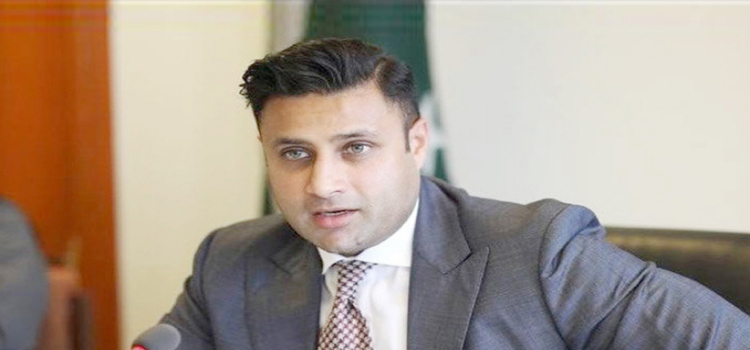A full court bench — headed by Chief Justice of Pakistan (CJP) Qazi Faez Isa and comprising all 15 judges of the Supreme Court — will resume hearing petitions challenging the SC (Practice and Procedure) Act tomorrow (Tuesday).
The state television is all set to live broadcast the hearing of the closely followed case as PTV has installed its cameras inside Courtroom No.1. The hearing will begin at 9:30am.
The full court bench is headed by CJP Isa and includes Justice Sardar Tariq Masood, Justice Ijazul Ahsan, Justice Syed Mansoor Ali Shah, Justice Munib Akhtar, Justice Yahya Afridi, Justice Aminuddin Khan, Justice Sayyed Mazahar Ali Akbar Naqvi, Justice Jamal Khan Mandokhel, Justice Muhammad Ali Mazhar, Justice Ayesha A. Malik, Justice Athar Minallah, Justice Syed Hasan Azhar Rizvi, Justice Shahid Waheed and Justice Musarrat Hilali.
At the last hearing, the apex court’s full court had sought replies from all parties by September 25. However, the federal government submitted its written submission on September 28 as Attorney General for Pakistan (AGP) Mansoor Usman Awan was out of the country in connection with a case.
‘Law ensures freedom of judiciary’
In its written reply to the apex court, the Centre stated that the judiciary’s freedom was ensured by the SC (Practice and Procedure) Act 2023.
In response to the question if the impugned law is sustained, what will be the fate of the cases heard by benches constituted by the chief justice after the enactment of the impugned Act? the Centre stated: “For the purposes of addressing the query it is important to draw a distinction between benches which were constituted and have rendered judgments and those benches which are still hearing petitions and have not rendered final judgments. In the event the impugned act is sustained, the former stands to be saved under past and closed transactions and the latter will merit for the benches to be reconstituted under Sections 2 and 3 of the impugned act and the proceedings in such cases be held afresh.”
It further said that the right of appeal has been accorded under Section 5 of the Impugned Act against judgments arising out of the exercise of jurisdiction under Article 184(3) of the Constitution.
“The original jurisdiction of this Court under Article 184(3) is sui generis in nature, and cannot in the traditional sense be bifurcated into criminal or civil,” it added.
‘Enlargement of jurisdiction’
To another query, the government said: “We believe that there could not be any other view except that the Constitution favours enlargement of the jurisdiction of the Supreme Court and conferment of supplemental powers.”
Under the scheme of the Constitution, the top court is empowered to deal with the matters falling within various types of the jurisdiction conferred upon it, i.e., original, appellate, advisory and review, read the statement.
“Parliament has also enlarged the territorial jurisdiction of the SC and included within its jurisdiction the territories of Provincially Administered Tribal Areas of Chitral, Dir, Kalam, Swat and Malakand Protected Area, through the Supreme Court and High Court (Extension of Jurisdiction A certain Tribal areas) Act, 1973.”
PML-N seeks dismissal of pleas challenging SC Act
In its concise statement, Pakistan Muslim League–Nawaz (PML-N) pleaded with the top court to dismiss the petitions challenging the law clipping CJP’s powers.
On behalf of the PML-N, its counsel Salahuddin Ahmed submitted a written reply to the top court regarding to the matter.
“The PML-N contends the SC Act 2023 is intra vires the Constitution and is good law. As such, all the instant petitions challenging the same may be dismissed and the interim order passed by this court on April 4, 2023, may be vacated,” read the statement.

















































